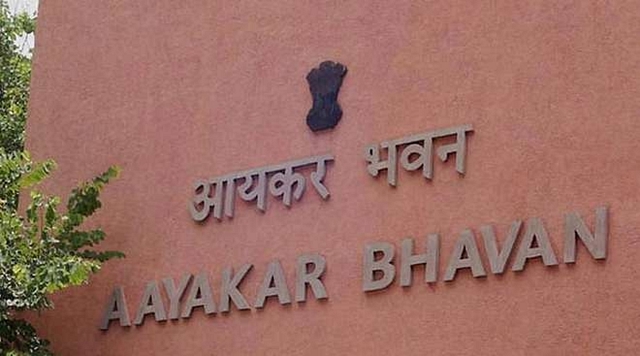
Inequality: ADB’s Call To Make The Rich Pay More Tax Is Seriously Flawed
ADB is right to call for taxing the rich more, but it cannot be done through higher income taxes. Ideas worth considering are the imposition of inheritance tax and property tax.
The Asian Development Bank has called for taxing the rich more to address the problem of growing inequalities in incomes and opportunities.
The bank’s president, Takehiko Nakao called for better social security nets for those left behind by the technological revolution (automation, robots, etc), underlining the importance of income redistribution. “We need a proper (income) redistribution system. We should have a more progressive tax system, including individual tax, inheritance tax and property tax. The new reality of growing inequality is an important issue to be addressed,” he is quoted as having said.
Two of the three ideas are worth considering in a country like India, especially the imposition of inheritance tax and property tax. Inheritance tax is vital to address the problem of intergenerational equity, since wealth is passed on to heirs who may have done nothing to deserve it. Higher property taxes are key to addressing the problems of urban decay and must be levied more aggressively on higher value properties. Urban regeneration holds the key to more jobs, and hence generating more resources from property taxes is vital.
However, the suggestion that income taxes must be more progressive is wrong-headed. For two reasons.
In rich countries, the highest rates are already upwards of 45 per cent, with Denmark topping the list with income taxes in the highest ranges crossing 60 per cent. Even in the US, individual tax rates can sometimes top 50 per cent in some states, because income taxes (sometimes called payroll or social security taxes) can be levied by the federal government, state governments, and local bodies (see here for some indicative rates across various countries, though not not all data may be current).
So, how much higher can income tax rates go in the rich world?
On the other hand, consider countries like India, where the top income tax rate (for those earning above Rs 1 crore) is around 35.5 per cent, including various surcharges.
In theory, India can tax the rich much more and catch up with trends in Europe and north America, but it simply won’t work without making India a tax-terror state. Experts are already muttering darkly about tax terrorism even when the effort of the Modi government is merely to ensure greater compliance at current rates.
The reason why income taxes can’t go higher is simple: willingness to pay more taxes is inversely proportional to the level of diversity in the population.
If the Danes are willing to tolerate extortionate rates of over 60 per cent, it is because their society is highly integrated and largely homogeneous. So, when the high-income-earning Dane pays that level of tax, he may grumble about it, but he also knows that it will go to someone who is closely related to him ethnically. If, at some point, Denmark becomes, say, 15-25 per cent non-white, possibly African Muslim, people will realise that their taxes may not go to support grandma, but to subsidise people from another culture one is not in sync with. Willingness to pay high taxes could then decline.
In India, where ethnic, religious and linguistic diversity is greater than almost anywhere in the world, higher levels of taxation will lead to greater evasion. Already we are hearing grumbles about southern states subsidising the north (which is bunkum, but plays well to a political audience), and if income taxes go higher, we are going to get more disgruntlement.
Morgan Stanley estimates that since 2014, some 23,000 dollar millionaires left India to settle abroad; higher tax rates could become an additional disincentive to remain Indian, since this would come over and above other forms of indirect taxation and discomfort – including private taxation (a.k.a. corruption), unease of doing business, poor-quality living conditions, and excessive bureaucratisation in accessing basic civic amenities like water, power, driving licences, et al.
India, in fact, is a ripe case for lower income taxes, and possibly a flat tax. The ideal way of taxing Indians would be to levy a flat 15 per cent tax. A precursor to this already exists in the form of extension of TDS (tax deduction at source) for many incomes.
However, India is also ripe for some basic amount of capital gains taxes (already introduced at 10 per cent for long-term gains on shares), inheritance tax (should start at 25-30 per cent on wealth bequeathed to heirs, with generous basic exemptions), and higher property taxes in urban areas. And, yes, farms above a certain size should now be taxed on annual incomes or based on land values.
Another way to address the issue of maldistribution of resources is to encourage voluntary bequeathing of personal wealth for charity, something that Mahatma Gandhi would have advocated.
ADB is right to call for taxing the rich more, but it cannot be done through higher income taxes. It is the other avenues that need taxing.